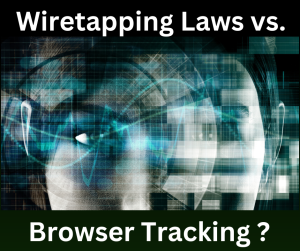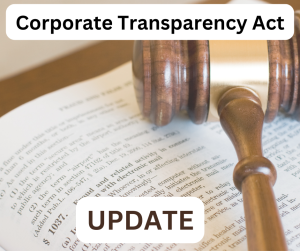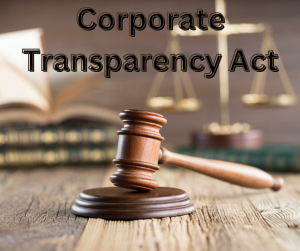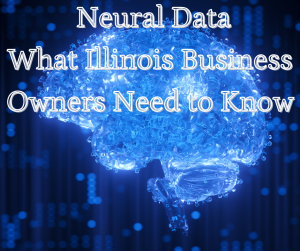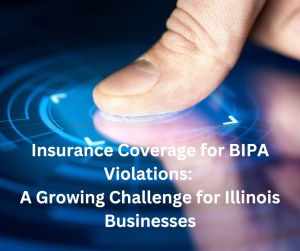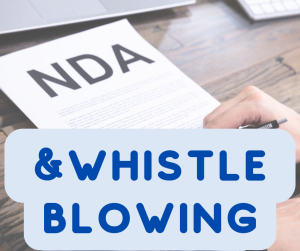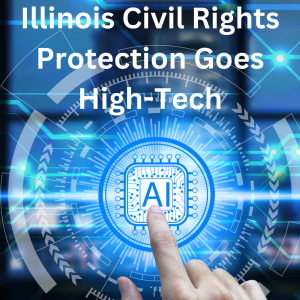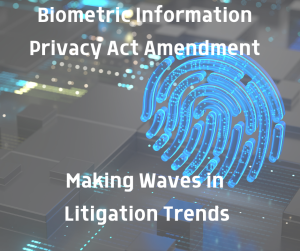Software like Meta Pixel and Google Analytics that website operators use to track what sites a person visits, or what footprint they leave on those sites, is not subject to the same restrictions as wiretapping a phone line, according to a split decision from the Supreme Judicial Court of Massachusetts, in a case brought against two hospitals.
The court in Vita v. New England Baptist Hospital, et al (SJC-13542), ruled that wiretapping and browser tracking are categorically different pursuits, in its eyes, unless the state legislature decides otherwise. “If the Legislature intends for the Wiretap Act’s criminal and civil penalties to prohibit the tracking of a person’s browsing of, and interaction with, published information on websites, it must say so expressly,” wrote Associate Judge Scott Kafker in the opinion.




